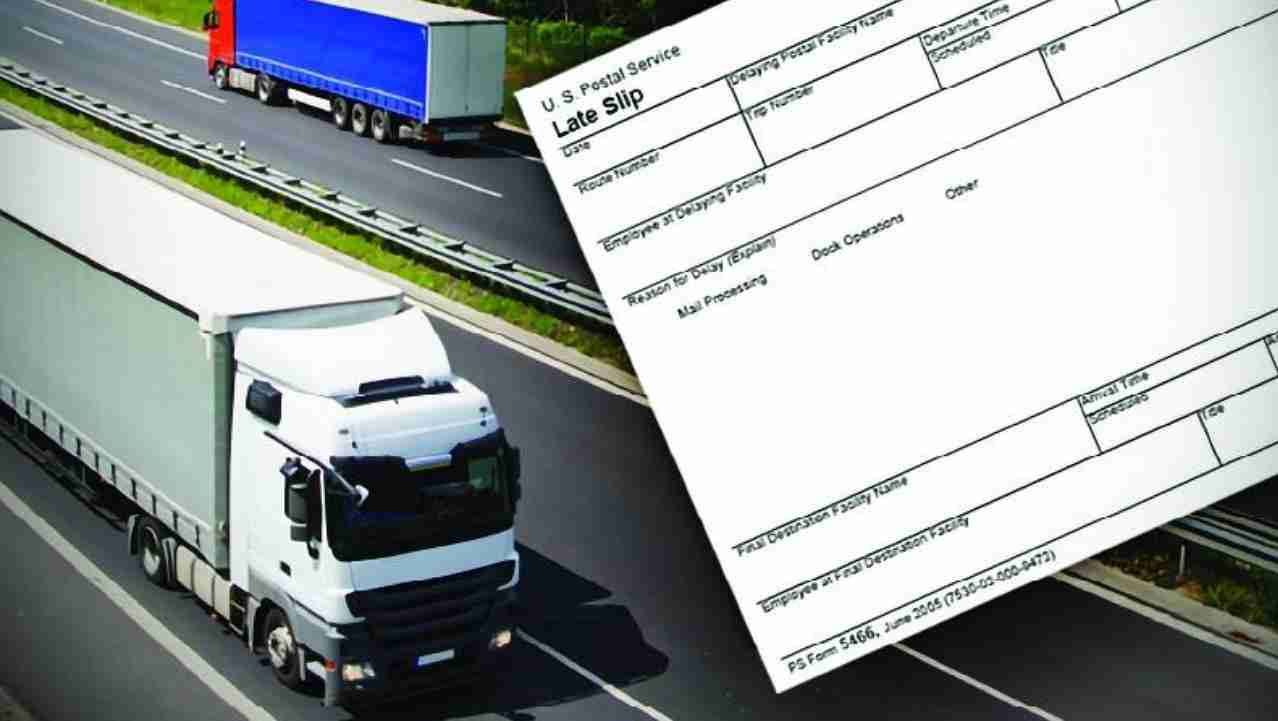Background
The Postal Service uses Highway Contract Route (HCR) suppliers to transport mail and equipment between plants, post offices, and other designated points. When the Postal Service is responsible for a delayed HCR trip, the origin facility must issue a late slip to the HCR driver to receive compensation for the delay. During fiscal years (FY) 2021 and FY 2022, the Postal Service caused suppliers to be late for a total of about 2.9 million trips and paid about $28.7 million in late trip payments to suppliers. The number of HCR late trips caused by the Postal Service increased by 121,563, or 8.8 percent from FY 2021 to FY 2022.
What We Did
Our objective was to evaluate the U.S. Postal Service’s management of the HCR late trip payment process. To accomplish our objective, we selected three samples of late trip payment transactions to review for accuracy of the payments. The first was a statistical sample of 208 of the 52,446 payment transactions for FY 2021 and FY 2022. The second was a judgmental sample of 55 transactions greater than 200 hours late. The last was a judgmental sample of 163 of the 1,629 lump sum payment transactions.
What We Found
We found that Postal Service personnel were not consistently following the process for reviewing and approving late trip payments outlined in its internal policy, Highway Contract Route Exceptional Service Performance Payment Reconciliation. Specifically, the Postal Service did not always review and validate the accuracy of the supplier claims for the payments. Additionally, Postal Service personnel did not always review and validate the accuracy of lump sum payments. As a result, we estimated the Postal Service incurred unsupported questioned costs of about $12.5 million annually.
Recommendations
We recommended management (1) develop a plan to periodically monitor compliance and provide refresher training to personnel on the late slip payment process outlined in the Management Instruction; (2) develop and implement a standardized supplier claim form; (3) perform periodic reviews to ensure trips are entered correctly for inbound highway contract trips; (4) implement periodic reviews to ensure the correct budget account code, routes, cost segments, and service types are used for late slip payments; (5) develop and issue a Standard Work Instruction to require the inclusion of supporting documentation and a justification when correct late slip rates are not used.

